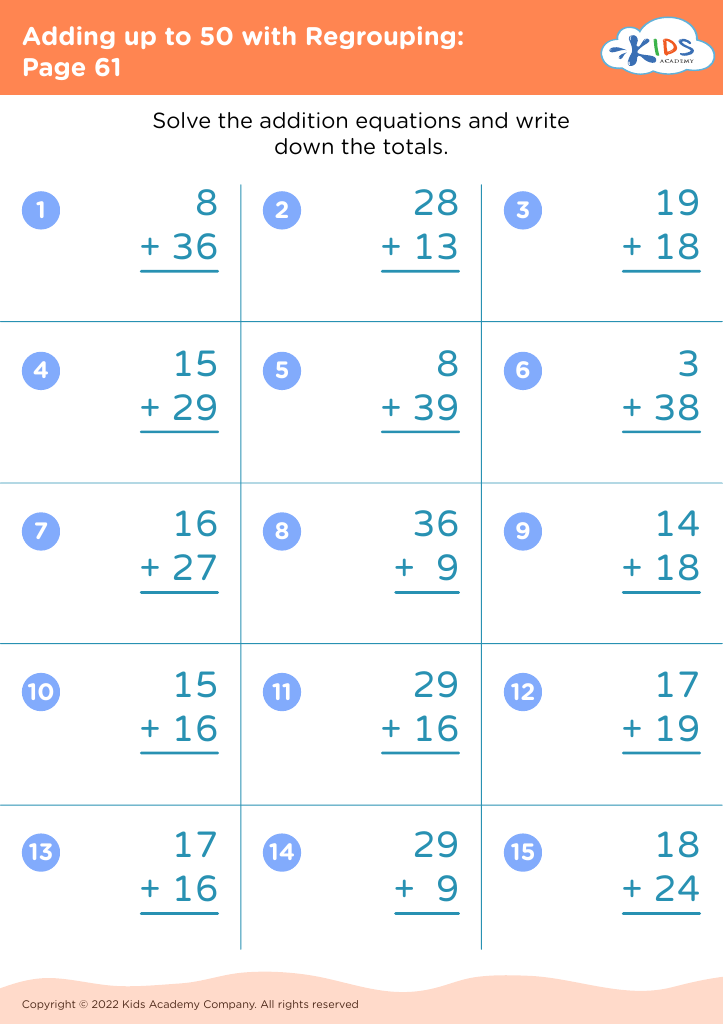Practice inference skills Worksheets for Ages 6-8
4 filtered results
-
From - To
Enhance your child's reading comprehension with our "Practice Inference Skills Worksheets" designed specifically for ages 6-8. These engaging worksheets help young learners develop critical thinking and deduction abilities by interpreting context clues and making educated guesses. Featuring fun illustrations and relatable scenarios, your child will enjoy honing their inference skills in a playful way. Each printable activity reinforces essential literacy skills while keeping learning enjoyable and interactive. Perfect for at-home practice or classroom use, these worksheets aim to build confidence and foster a love for reading. Start developing your child's inference skills today and watch their understanding soar!
Parents and teachers should prioritize the development of inference skills in children aged 6-8 because these skills are foundational for effective reading comprehension and critical thinking. Inference skills allow children to go beyond the literal meaning of texts, enabling them to draw conclusions, make predictions, and understand underlying messages or themes. By fostering these skills, educators and parents can help children connect new information with their existing knowledge, enhancing their engagement and retention.
Moreover, inference skills support social-emotional development as children learn to interpret non-verbal cues, understand others' perspectives, and navigate complex social situations. Improvement in inference abilities leads to better analytical thinking, which is essential in problem-solving both in academics and everyday life.
Encouraging practice through discussions, storytelling, and interactive reading activities can create a rich learning environment. These strategies also stimulate curiosity and boost creativity, allowing children to explore ideas more deeply. In an increasingly complex world, children equipped with strong inference skills can better understand and respond to diverse narratives, ensuring their overall cognitive and emotional growth. Thus, prioritizing inference skills during these formative years yields long-term benefits and prepares children for future academic challenges.










.jpg)










